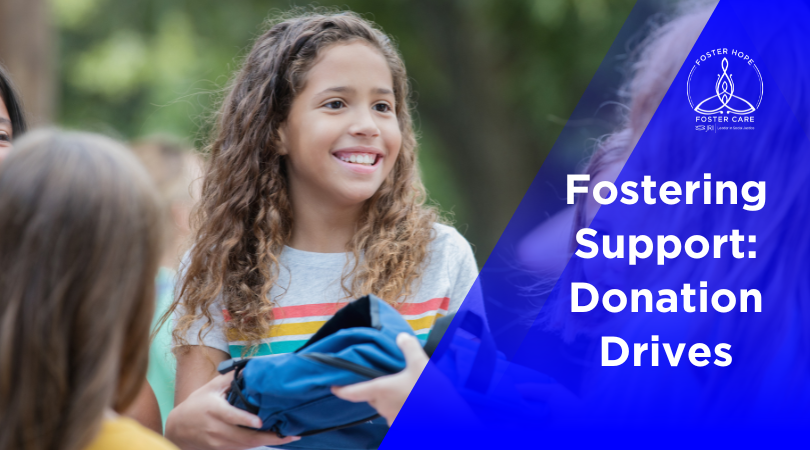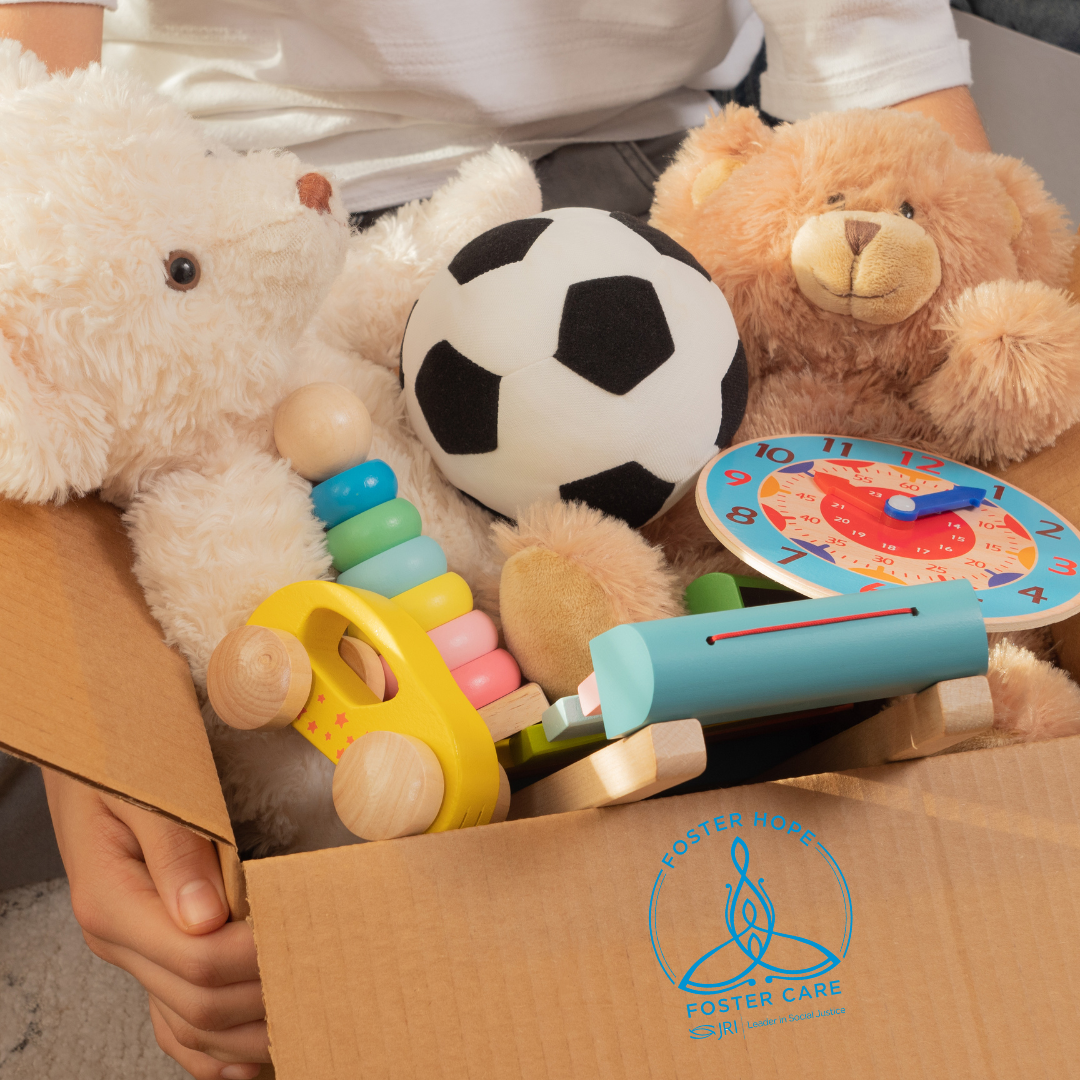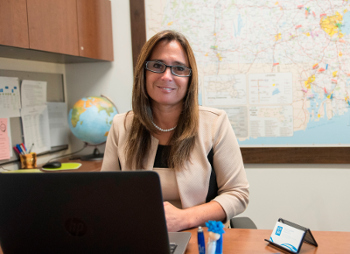Do you have a question about JRI services?

Foster parenting is not a fit for every person. Not everyone is in the right stage of life, has a schedule with the needed flexibility, or has the space within their home to add another person. Not everyone’s household members agree with the idea of fostering. Not everyone has the health and wellbeing to commit to foster care.
While fostering isn’t for everyone, there is nearly no limit to who can contribute to the foster care world!
One of the most helpful things folks offer us are durable goods- the material needs that our children and youth have. Whether it is to assist with a child who arrived with little more than the clothing on their back, school supplies for the new school year, dorm décor for youth entering college, or weighted blankets to support sensory needs and reduce anxiety, the list of needs in foster care is endless.
To help with these needs, some folks host donation drives. This is a very helpful way to offer support, because it means we can have supplies on hand to address needs immediately. A drive might only produce four items, but if they are the right items, they mean everything.
Examples of helpful donation drives include:
- Book drives
- Bedding drives
- Pajama drives
- Sunscreen drives
- School supply drives
- Holiday ornament drives
- Diaper and pull-up drives

If you are part of a group, like a sorority/fraternity, worship group, or social club, this might be a meaningful project for your group to take on. Challenge each other to raise support. If you are a single individual, it might be ideal to use a holiday or birthday as the means for your drive. Whoever you are and however you hope to host your drive, here are a few tips for success:
- Check in with the organization you are supporting. Please double check to see that your vision of what is needed meets a real need. If you learn that what they need isn’t what you plan to contribute (like you want to donate a dozen strollers but they can’t store them and don’t need them), please adapt your plan to the true need of the agency.
- Consider who will be contributing. Is it college students? A PTO or PTA? A neighborhood organization? Make sure that the items you are requesting is within the budgeting limits of your supporters. If you hope to buy microwaves for youth entering college, but your supporters can only contribute $10, they will not be able to purchase individual microwaves- but they could pool money together and see how many can be purchased at the end of the drive.
- Consider logistics- Can you store all of the items until they are distributed to the agency? Can the agency store all the items until they are distributed to the recipients (children in foster care, biological families, youth living independently, etc). How will they be transported from one location to the next? Make a game plan.
- How will the drive be held? Will it be an in-person drive, like dropping off diapers at a community center on a specific day, or an online event, like donating money or gift cards over a certain period of time?
- How will you let people know about the drive? Will there be flyers? A company-wide email? A mention in a newsletter or sermon? Consider using social media to spread the word. It works wonders!
- Take pictures! It is great to see pics of the different stages of your drive- from setting up to stacking boxes high, to delivering them. This will make the people who contributed to the cause feel connected, appreciated, and fulfilled!
If you’d like to host a donation drive on behalf of JRI Foster Care, we are so grateful! Please give us a call and we will work with you for your success.
Looking for other ways to help without fostering? Check out “Ten Ways to Support Foster Care Without Fostering”, a blog from last year that still rings true!



